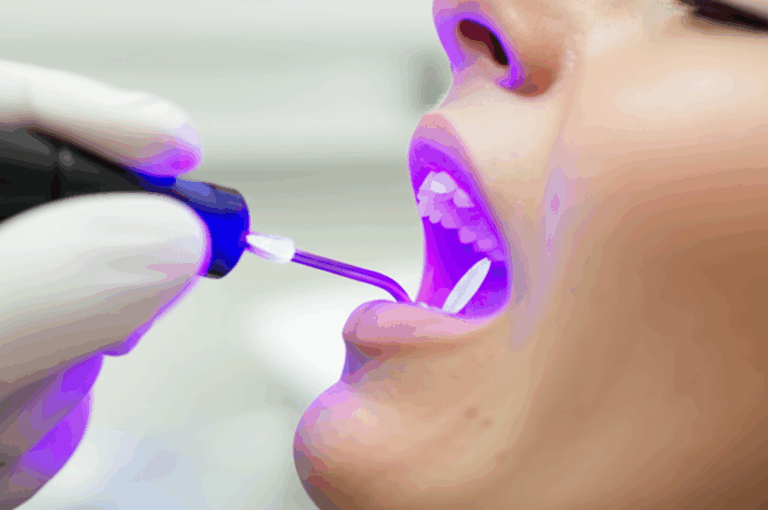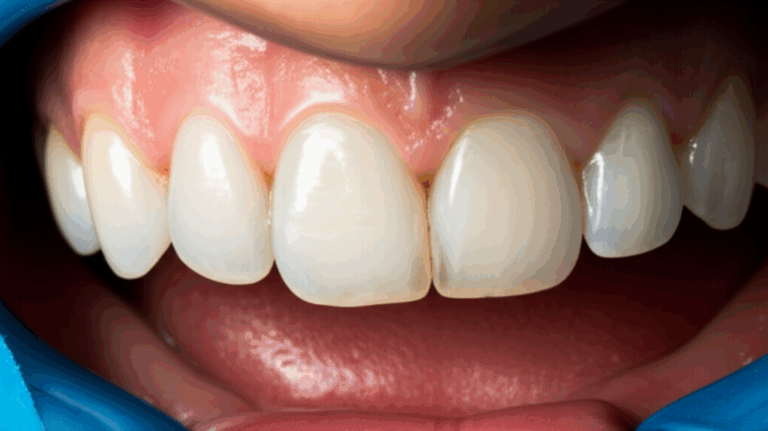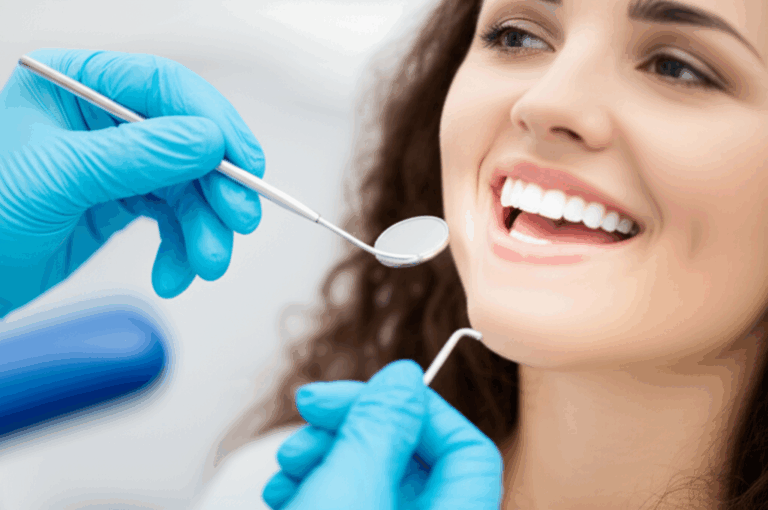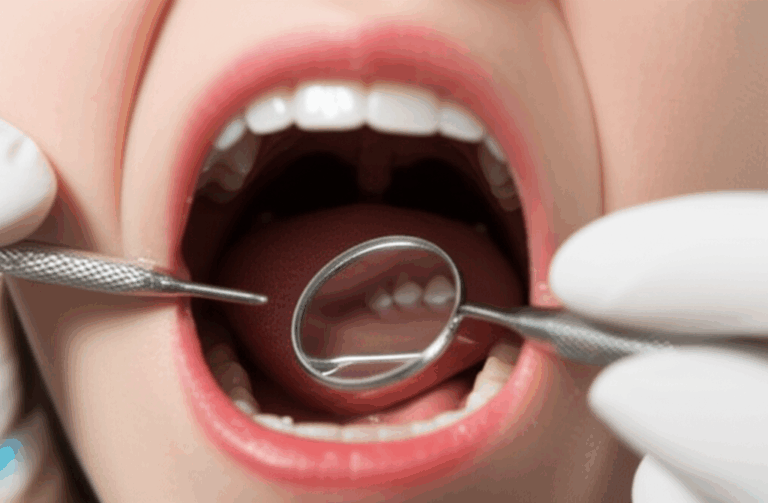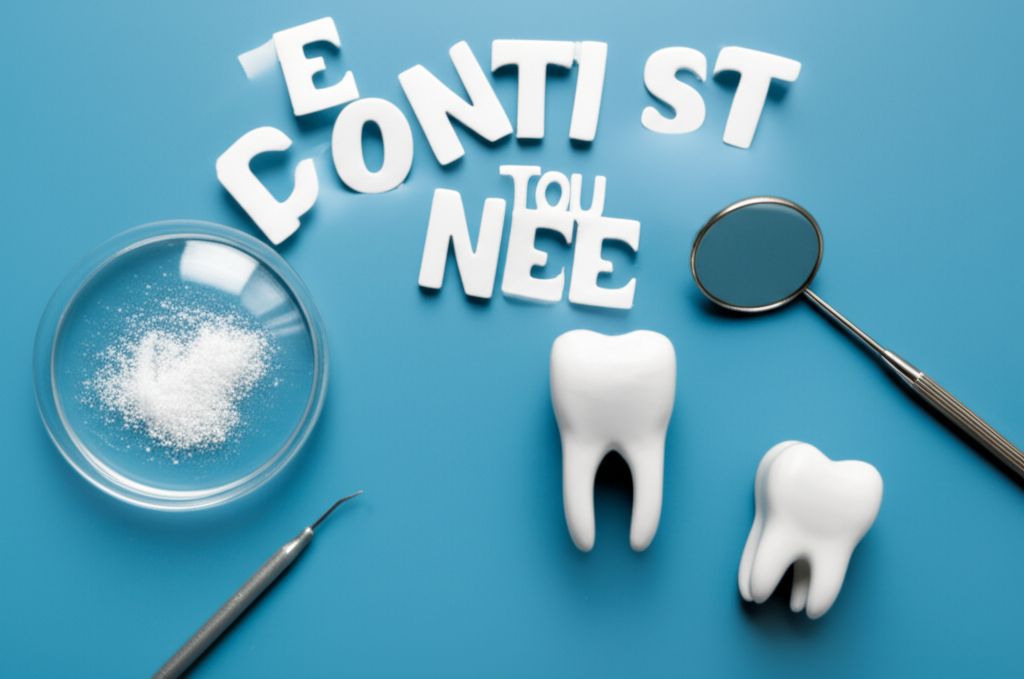
How to Become a Dentist: Essential Courses & Academic Path (DDS/DMD)
Want to help people smile bigger? Wonder what you need to do to become a dentist? This article is your simple, step-by-step guide to every class and skill you need to become a dental expert. You’ll find out about science subjects, tests you need to take, dental school, hands-on work, and even how long the journey lasts. Stick with me—by the end, you’ll know if dentistry is the right road for you!
Table of Contents
- Why Choose a Career in Dentistry?
- What Classes Do I Need Before Dental School?
- Which Science Subjects Should I Master?
- Do I Need a Specific College Major?
- What Is the DAT and How Can I Prepare?
- What Happens in Dental School?
- What Experience Do I Need Outside the Classroom?
- How Do I Become a Licensed Dentist?
- How Long Does It All Take?
- Frequently Asked Questions
- Key Takeaways
Why Choose a Career in Dentistry?
Dentists make a difference every day. They fix teeth, help with pain, and give people more confidence with healthy smiles. Dentistry is also a great job, letting you help others, solve problems, and maybe even run your own place. But let’s be real—it isn’t easy. The road is long, sometimes hard, and takes a lot of effort. Still, if you like science, want to work with people, and like a job that mixes art with medical care, being a dentist could be just right.
What Classes Do I Need Before Dental School?
Here’s where it all starts: your college years. Before you can go to dental school, you must pass some required classes. Most dental schools want the same classes, but it’s smart to check for each school.
Main Science Classes You Need
You can’t skip these:
- General Biology: 2 semesters (with labs)
- General Chemistry: 2 semesters (with labs)
- Organic Chemistry: 2 semesters (with labs)
- Physics: 2 semesters (with labs)
- Biochemistry: 1 semester
Don’t skip the labs! Learning in the lab gives you real skills you’ll need as a dentist.
Extra Classes That Help
Want to look even better? Try adding:
- Anatomy and Physiology
- Microbiology
- Genetics
- Cell Biology
- Immunology
These will make you a stronger candidate and help you with hard dental school courses.
General Education Classes
Don’t forget your English, Math, and Social Studies. Most dental schools ask for:
- 2 semesters of English or writing
- One semester of calculus or statistics
- Humanities or social sciences
Doing well in all your classes counts—not just in science.
Which Science Subjects Should I Master?
Here’s why each science class matters:
- Biology shows you how living things work. You’ll build on this later with classes like cell biology and genetics.
- Chemistry teaches you about the stuff everything’s made of, which is important for dental materials, medicine, and even toothpaste.
- Organic Chemistry is all about carbon-based stuff. It sounds hard—and it is—but it’s important for learning how bodies and medicine work together.
- Physics tells you about forces, movement, and energy. From seeing how teeth fit to using x-rays, physics is handy.
- Biochemistry brings biology and chemistry together. It lets you see how body chemicals keep us alive.
Manual skills are really important, too. Try an art class, a musical instrument, or any hobby that works your hands—dentists need steady, skilled hands!
Do I Need a Specific College Major?
Here’s some good news: You don’t have to major in biology or chemistry to be a dentist! If you take the classes you need, you can major in anything—even music or history.
Still, most students pick science majors because it helps fit in all the needed classes. The most common majors are:
- Biology
- Chemistry
- Biochemistry
But don’t worry if you love art or literature. Just make sure you also finish the tough science classes needed for dental school. Many admissions teams like when you bring something different.
Table: Common College Majors For Pre-Dental Students
| Major | Good For Dental School? | Why Pick It? |
|---|---|---|
| Biology | Yes | Covers most required classes |
| Chemistry | Yes | Lots of overlap with main classes |
| Biochemistry | Yes | Connects biology and chemistry, sometimes required |
| Non-Science | Yes, if you take science classes | Shows you can do lots of things |
What Is the DAT and How Can I Prepare?
After your classes, here comes the big test. The Dental Admission Test (DAT) is important for all dentists-to-be. Dental schools use it to see if you’re ready for the next step.
What Does the DAT Have?
The DAT covers:
- Natural Sciences: biology, general chemistry, organic chemistry
- Perceptual Ability: can you see patterns and shapes?
- Reading Comprehension: can you read and understand things fast?
- Quantitative Reasoning: some math, mostly word problems and using numbers
When Should I Take the DAT?
Most students take it after their third year of college, when they’ve taken the science classes.
Don’t wait too long—schools care about your score. Most good schools want at least a 20 on each part (out of 30). Prep with practice tests or courses if you want. Companies like Kaplan and Princeton Review offer DAT help.
DAT Average Scores and Tips
| Section | National Average (Accepted Students) |
|---|---|
| Biology | 20-21 |
| Chemistry | 20-21 |
| Perceptual Ability | 20 |
| Total Science | 20-21 |
Give yourself time to study, join a study group, and grab some test prep books if you need them.
What Happens in Dental School?
Getting into dental school is huge. Here’s what the next four years look like:
DDS vs. DMD: What’s the Difference?
They both mean you’re a dentist! DDS is Doctor of Dental Surgery, while DMD is Doctor of Dental Medicine. Same training.
Years 1 & 2: Science and Practice
These first years are mostly classroom learning and lab practice.
Classes You’ll Take:
- Head and Neck Anatomy
- Oral Histology and Embryology
- Microbiology and Immunology
- Dental Materials Science
- Pharmacology
- Biochemistry
- Pathology
- Physiology
- Ethics and professionalism
- Talking with patients
Pre-Clinical Labs: Here you’ll practice on fake teeth and learn to use dental tools safely.
Years 3 & 4: Treating Real People
You’ll start seeing real patients in clinics, but always with someone watching to help.
Classes and Practice Involve:
- Oral and Maxillofacial Surgery
- Orthodontics
- Pediatric Dentistry
- Endodontics (root canals)
- Prosthodontics (crowns, bridges, dentures)
- Periodontics (gum care)
- Public Health Dentistry
- Business/Office Management
- Pain and Anxiety Control
You’ll try out every dental specialty, and maybe even do some real research! Check out how a digital dental lab makes 3D teeth and crowns—it’s pretty cool.
Table: Usual Dental School Plan
| Year 1-2 | Year 3-4 |
|---|---|
| Basic Sciences | Clinical Rotations |
| Pre-Clinical Labs | Real Patient Care |
| Communication, Ethics | Office Management |
| Biomedical Classes | Advanced Treatments |
What Experience Do I Need Outside the Classroom?
Dentistry isn’t just about reading books. Great dentists also have other key skills:
- Manual Skills: You need steady hands for the small, careful work.
- Communication: Dentists talk with patients, helpers, and scared kids.
- Quick Thinking: Every mouth is different; you’ll need to think fast sometimes.
How to Build These Skills:
- Watch (shadow) a dentist at work. Some schools want proof that you’ve watched real dentists.
- Volunteer at health clinics or dental events.
- Join a pre-dental club at your school.
- Become a leader in any club or team.
Not sure where to begin? Spend a day at a china dental lab or help with a dental health fair.
How Do I Become a Licensed Dentist?
After dental school, a few things still stand between you and day one on the job.
National Board Dental Examination (INBDE)
You must pass the Integrated National Board Dental Exam (INBDE). It covers all you learned in school and checks if you can think like a dentist. It’s pass/fail and has science, care, and ethics questions.
State Exams
Most states also want you to pass a skills test with real or fake teeth. Some have a written test on state laws for dentists.
More Training?
Some new dentists do a one-year General Practice Residency (GPR) or Advanced Education in General Dentistry (AEGD). This means more practice before opening your own place.
Want to specialize? You’ll need to do extra years in areas like braces, oral surgery, or kid’s dentistry.
How Long Does It All Take?
Here’s the timeline:
- College (Undergraduate): 4 years
- Dental School: 4 years
- Specialty Training (If You Want): 2-6 years
Eight years is the usual. For specialists like orthodontists, it’s even longer. But don’t get worried—each step helps you grow.
Frequently Asked Questions
What if my grades aren’t perfect?
Don’t give up! Some dental schools look at more than just grades. Good DAT scores, extra science classes, and real shadowing experience can help a lot.
Do I have to major in science?
No. Any major is fine if you take the right science classes.
Is shadowing dentists really needed?
Yes, very! Shadowing makes sure you know what a dentist’s day is really like.
Can I work during dental school?
It’s tough. Dental school is super busy. Some students work part-time, but most just study.
Is DDS better than DMD?
Nope! They’re the same.
Key Takeaways
- Becoming a dentist means planning, patience, and lots of work.
- Required classes: biology, chemistry, organic chemistry, physics, and biochemistry.
- Dental schools want good grades, solid DAT scores, and hands-on and people skills.
- Any college major works—as long as you take the needed science classes.
- Dental school is 4 years long, add more if you want to specialize.
- After school: pass tests to get your license and start working as a dentist.
- Build your communication, problem-solving, and hand skills.
- Shadow dentists and join clubs to learn outside the classroom.
- Labs like a dental ceramics lab and crown and bridge lab make the crowns and teeth you’ll use every day!
- A respected, stable, and happy job is waiting—if you’re ready to put in the work.
Ready to get started? Look up dental schools, talk to your college advisor, and plan your classes now. Dentistry might be the perfect spot for you to build your career and make people smile!
References
- American Dental Association (ADA)
- American Dental Education Association (ADEA)
- U.S. Bureau of Labor Statistics (2022-2032 Job Outlook)
- ADEA GoDental
- Official Guide to Dental Schools (ADEA)
- Commission on Dental Accreditation (CODA)

